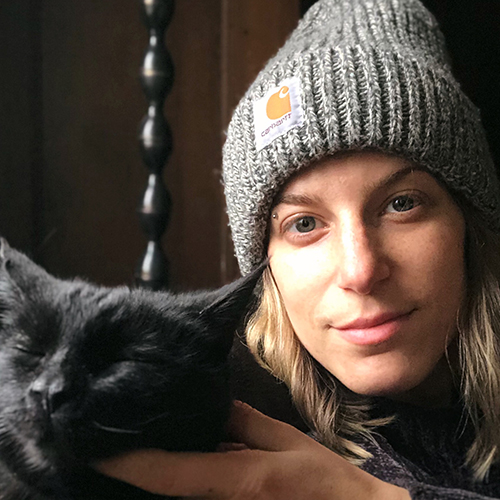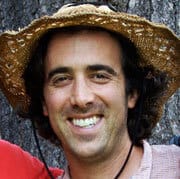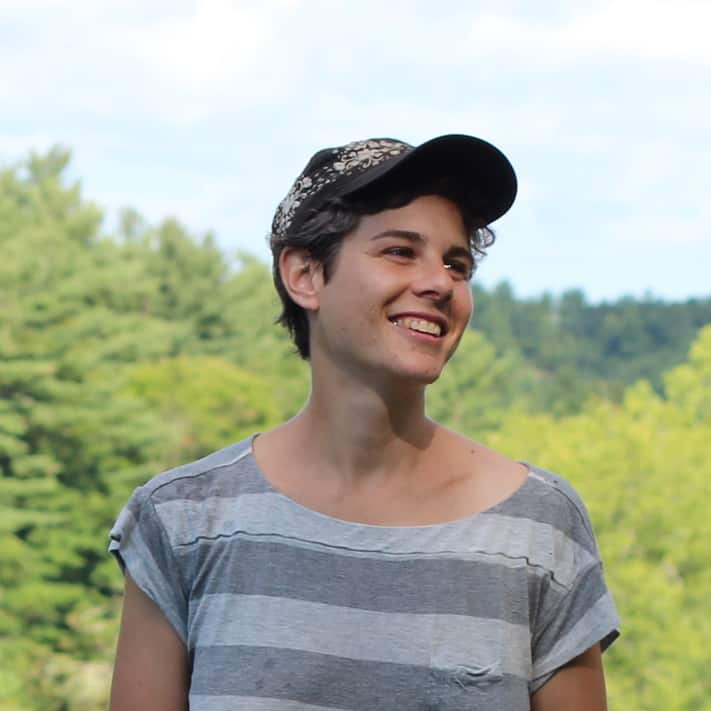
« Back to All Staff


Simone Stallman is the Managing Director of Hospitality at Isabella Freedman. She comes to Hazon with extensive experience in hospitality management, event planning and catering and has had various roles at Isabella Freedman since 2017. A native New Yorker, Simone spends her time both at Isabella Freedman and in the East Village in New York City. She studied fashion and art at Syracuse University and enjoys going to see live music, snowboarding, cooking and spending time with her pup, Magenta.
Falls Village, CT | 860.824.5991 x3 | simone.stallman@hazon.org
Vlastik Valasek is the Senior Event Coordinator at Isabella Freedman Jewish Retreat Center. In his native Czech Republic, Vlastik was a social worker, motivated by his love for and interest in people. He completed the Multinational Leadership Training Program twice – once he focused on Education, Social Services, Management, Customer Service, and Counseling, and the second time he focused on Management, Business, Commerce, and Finance. Vlastik is responsible for many of the organizational aspects of our organizational retreats and family simchas, working closely on logistics with families and group leaders to ensure that Isabella Freedman provides the best food, programming, and services possible. Vlastik likes traveling, modern art, music, literature, and good coffee.
Falls Village, CT | 860.824.5991 | vlastik.valasek@hazon.org
Shamu Fenyvesi Sadeh is the Managing Director of Education at Isabella Freedman. He is the co-founder and former director of Adamah, and prior to that he worked as the Director of Teva, and now he leads our efforts to educate all Isabella Freedman guests. He teaches Judaism and ecology, turns the compost piles, maintains the orchards, and supervises and mentors staff and Adamah Fellows. His wife Jaimie and kids Yonah, Ibby, and Lev help harvest and pickle, and DJ staff dance parties.
Falls Village, CT | 860.824.5991 x363 | shamu.sadeh@hazon.org
Janna wears a few hats at Hazon. As the Adamah Farm Director, Janna leads apprentices, residential fellows, and volunteers in growing organic vegetables for the Isabella Freedman Jewish Retreat Center, local customers, and food banks while maintaining the fields as resonant learning space. She teaches about growing food, climate change, policy, food systems, and Jewish tradition. As Hazon’s advocacy coordinator, Janna leads grassroots efforts to raise Jewish voices on behalf of a more just and regenerative food system. Janna has been farming since 2005 and has been at Adamah since 2011. Physical work with community and in the soil informs and inspires her approach as an advocate and educator.
Falls Village, CT | janna.siller@hazon.org